Buying a home is one of the most significant investments you’ll make in your lifetime. For many, attending open houses is a crucial step in the home-buying process. If you’re a DIY homebuyer—someone looking to handle the buying process without a real estate agent—understanding how to navigate open houses and the nuances of agency relationships with the host agents is essential. Here’s what you need to know.
The Open House Experience
Open houses are a great way to get a feel for a property without the pressure of a scheduled appointment. They allow you to explore potential homes at your own pace, compare different properties, and gather information directly from the hosting agent. Here are some tips to make the most of your open house visits:
1. Plan Your Visits: Open houses are typically held on weekends. Plan your route in advance to visit multiple properties efficiently.
2. Bring a Checklist: Note important features such as the condition of the roof, the state of the kitchen and bathrooms, the layout, and any signs of damage.
3. Ask Questions: Don’t hesitate to ask the hosting agent about the age of the appliances, the history of the property, and the reason for selling.
4. Take Notes: After visiting multiple homes, details can blur together. Documenting each property in detail can help you remember the pros and cons later.
5. Observe the Neighborhood: Spend some time exploring the neighborhood to assess its vibe, amenities, and overall suitability for your lifestyle.
Understanding Agency Relationships
When you attend an open house, you’ll likely be greeted by the hosting agent. It’s important to understand the role of the hosting agent and how agency relationships work to avoid potential pitfalls.
1. The Hosting Agent’s Role: The hosting agent represents the seller and has a fiduciary duty to get the best terms and price for the seller. While they can provide you with information about the property, their primary loyalty lies with the seller.
2. Disclosing Your DIY Status: If you’re buying without an agent, be upfront about your DIY status. This clarity helps manage expectations and interactions with the hosting agent.
3. Dual Agency: In some cases, the hosting agent may offer to represent you as well, creating a dual agency relationship. This means the agent represents both the buyer and the seller. While legal in many places, dual agency can lead to conflicts of interest. Make sure you fully understand the implications before agreeing to such an arrangement.
4. Buyer’s Agents: If you find the process overwhelming, consider hiring a buyer’s agent. They will represent your interests, help you navigate negotiations, and ensure all legal requirements are met. Buyer’s agents are typically paid from the seller’s commission, so their services often come at no direct cost to you.
The Importance of Due Diligence
As a DIY homebuyer, due diligence is your responsibility. Here are key steps to ensure a smooth transaction:
1. Home Inspection: Always hire a professional home inspector to identify potential issues that may not be visible during an open house.
2. Comparative Market Analysis (CMA): Research comparable properties in the area to ensure the asking price is fair.
3. Financing: Get pre-approved for a mortgage to understand your budget and show sellers you are a serious buyer.
4. Legal Assistance: Consider hiring a real estate attorney to review contracts and ensure your interests are protected.
Conclusion
Attending open houses is an invaluable part of the home-buying journey, offering a hands-on way to explore properties and gather crucial information. As a DIY homebuyer, being informed about agency relationships and conducting thorough due diligence can make the process smoother and more successful. Whether you choose to go it alone or enlist professional help, understanding the dynamics at play will empower you to make the best decisions for your future home.


 Facebook
Facebook
 X
X
 Pinterest
Pinterest
 Copy Link
Copy Link

